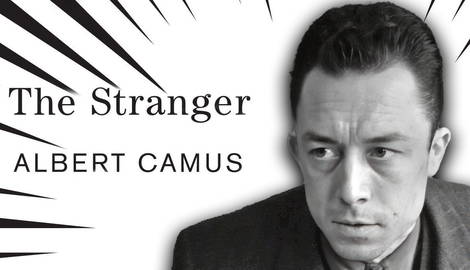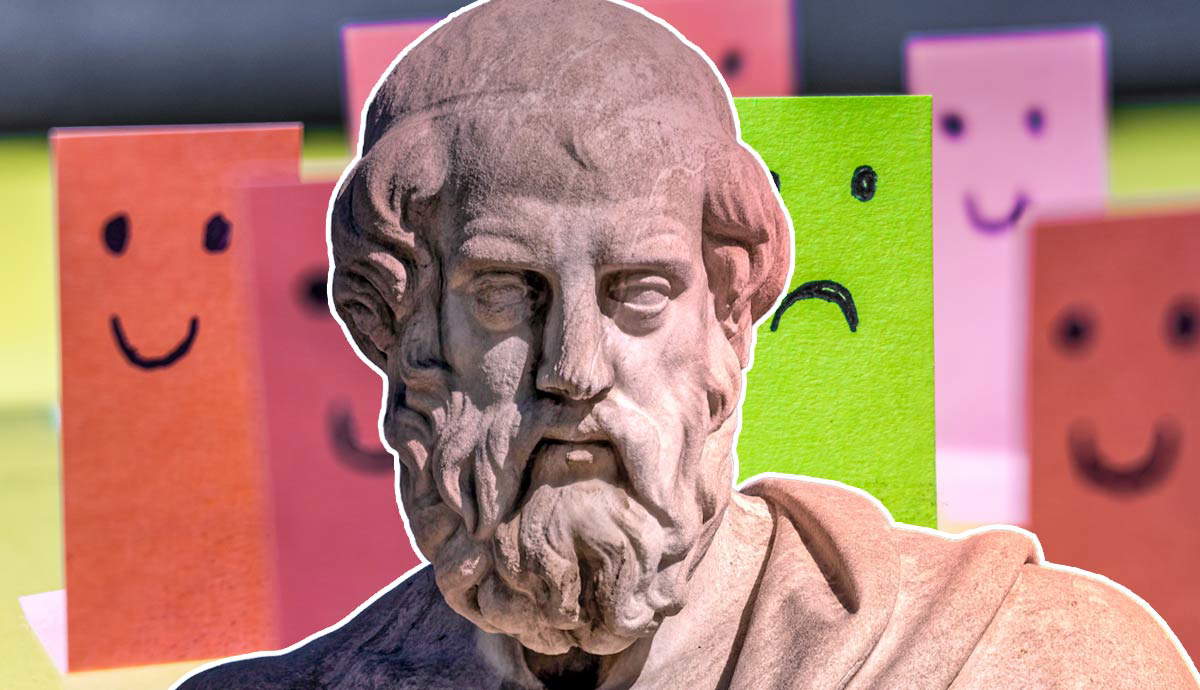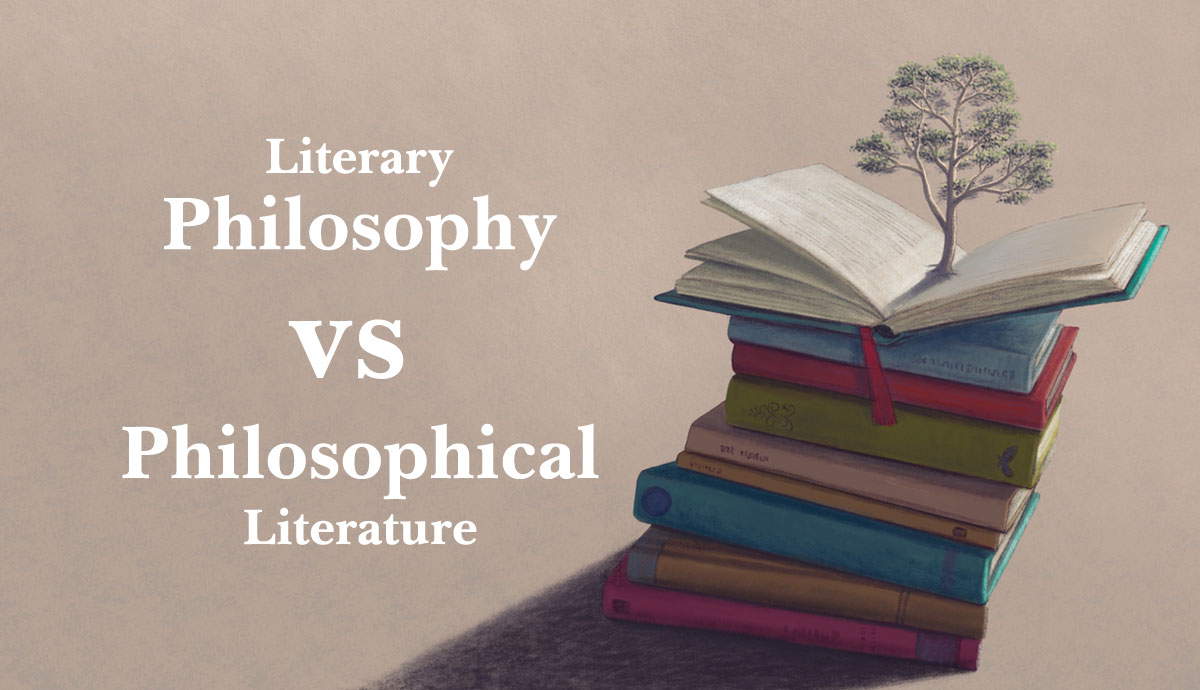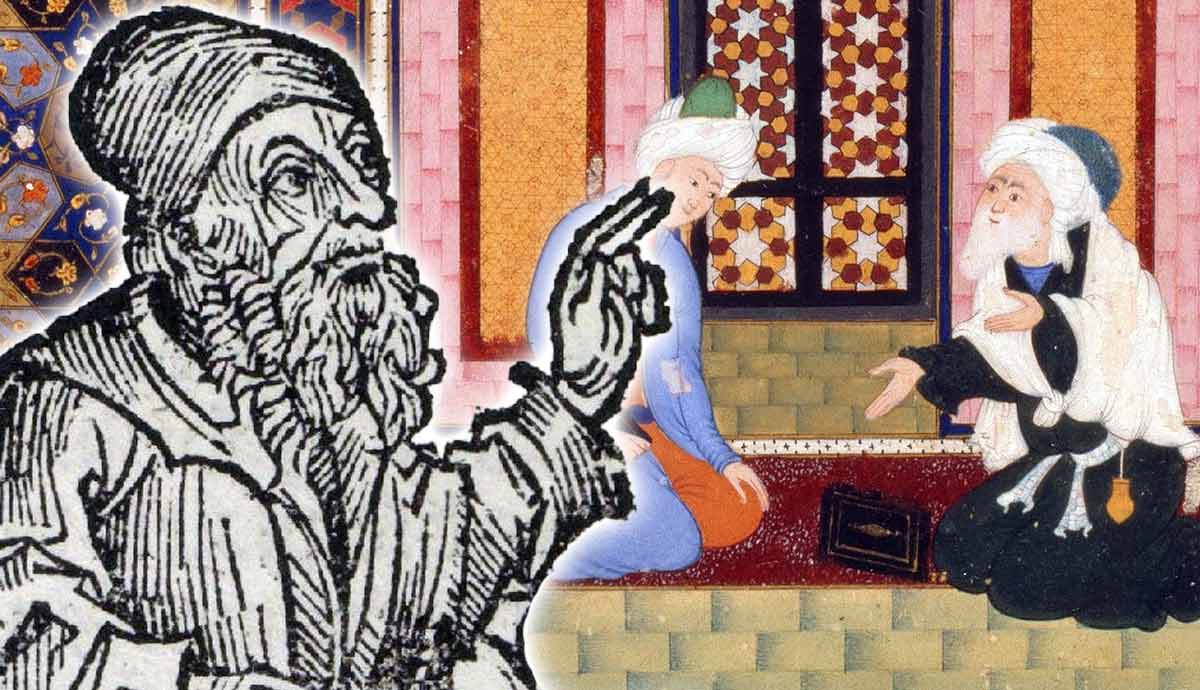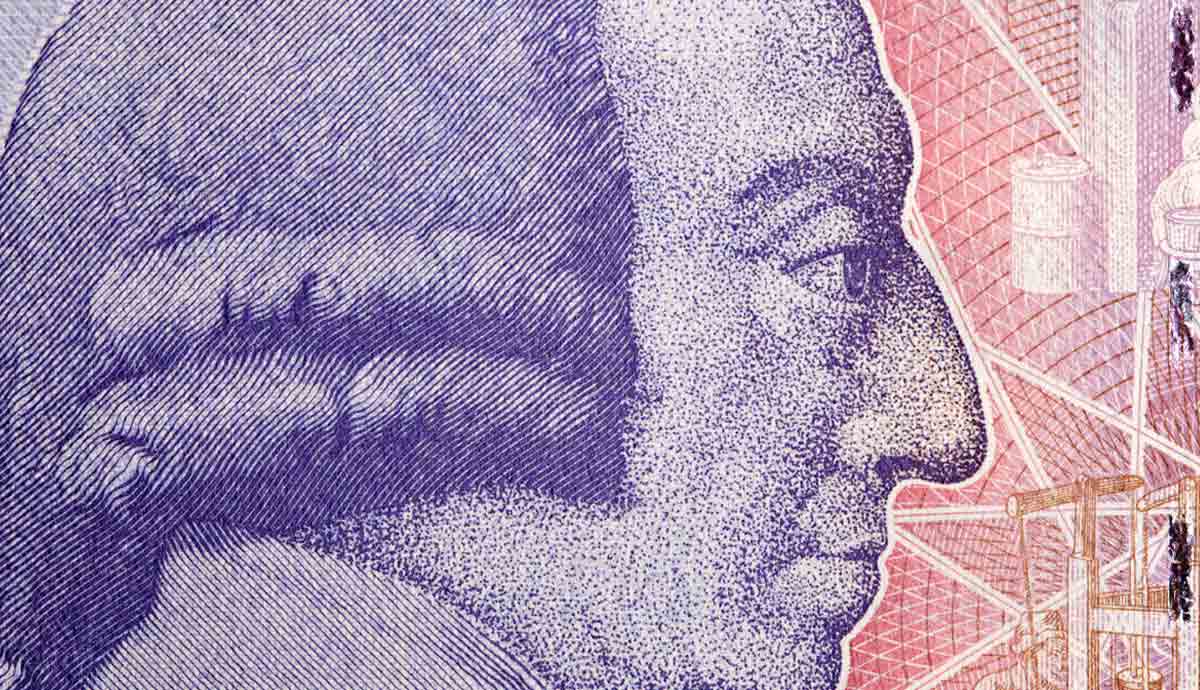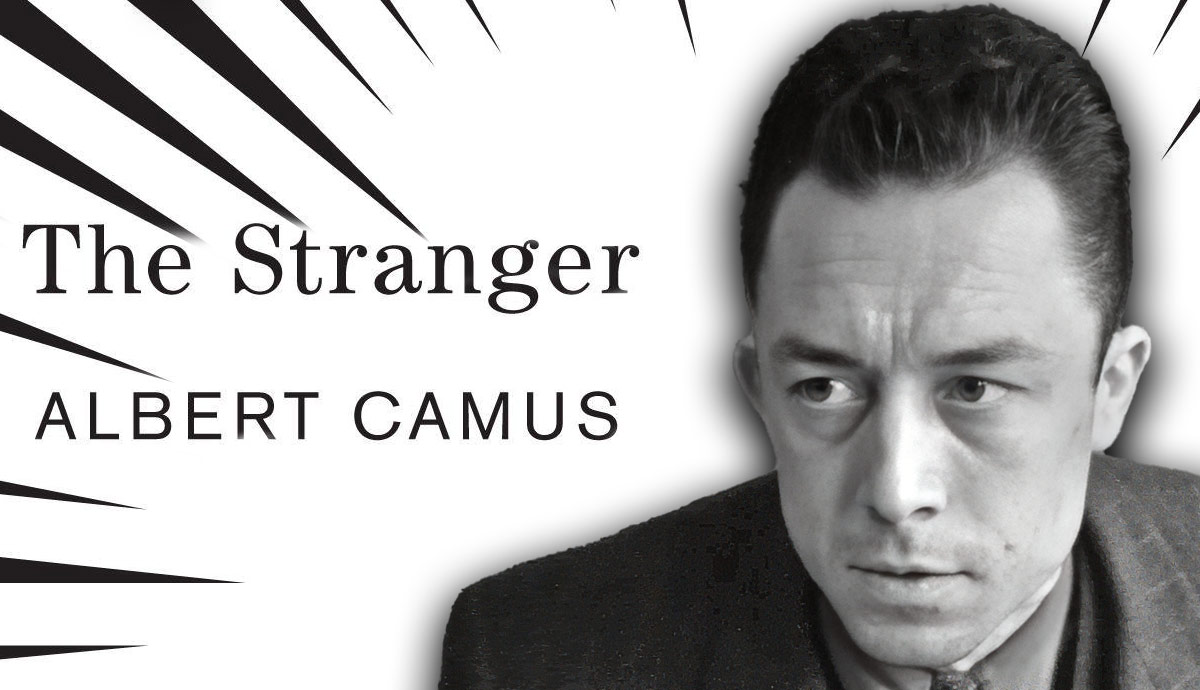
Known for his philosophy of absurdism, Albert Camus has explored themes that lie at the core of timeless existential questions. From the inherent meaninglessness of life to rebellion and morality, the themes that comprise his major works have deeply influenced and inspired his readers with their original insight. Although he didn’t consider himself an existential philosopher, Camus is generally considered the spokesman of existential malaise, whose thoughts offered an antidote to nihilism.
Child of Algiers
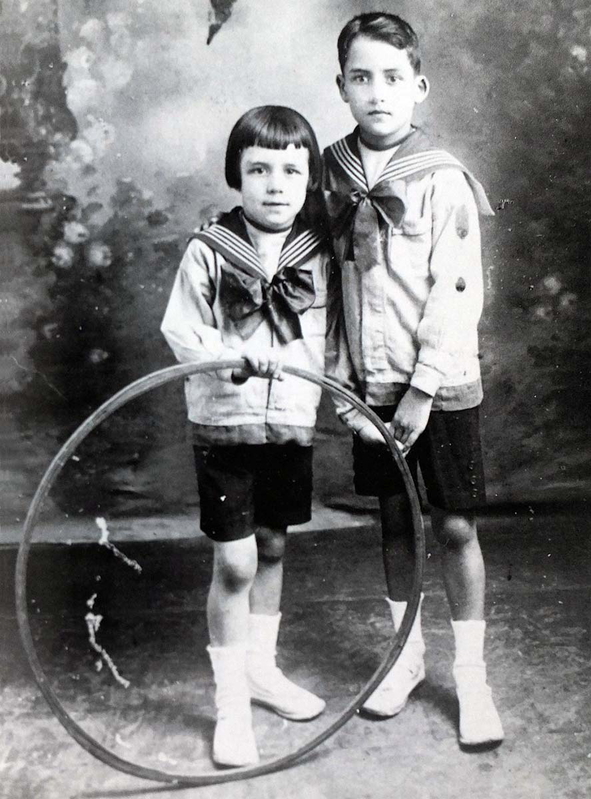
Albert Camus was born in the French settlements in Algeria in 1913. He was from the second generation of settlers in Algiers during French colonialism. Like many at the time, his parents moved to Algeria chasing a promise of a better life, but their hopes were short-lived. Camus’s father, Lucien Camus, was killed only one year after Albert’s birth during the first Battle of the Marne in World War I. To financially support him and his older brother, his mother worked as a cleaning lady in several households. Camus spent his childhood in extreme poverty, living in an overcrowded two-bedroom apartment with his brother, mother, grandmother, and handicapped uncle. Nevertheless, he enjoyed more privileges as a French citizen in Algeria than natives.
The Life-Changing Influence of a School Teacher
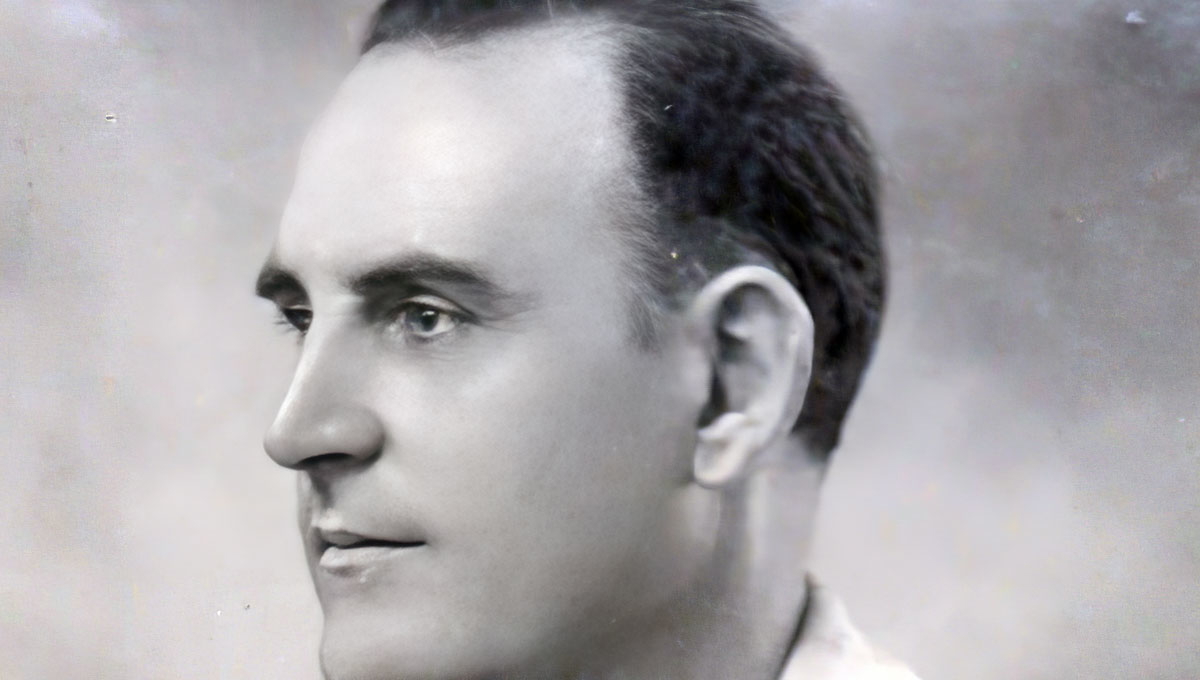
In 1913, Camus entered primary school at the École Communale in Belcourt. There, he met a teacher who would change the course of his life. Louis Germain instantly recognized the potential of Camus and helped him actualize it. He provided him with free private lessons to prepare for a scholarship to attend the prestigious high school. Although his family urged him to leave school and be a manual worker to contribute to their household income, Germain insisted that he must continue his education. Effectively, Camus won a scholarship to attend Algiers Lycée in 1924. 34 years later, Camus dedicated his Nobel Prize for Literature to Germain, who used to lovingly call him ‘my little Camus’.
Living With Tuberculosis
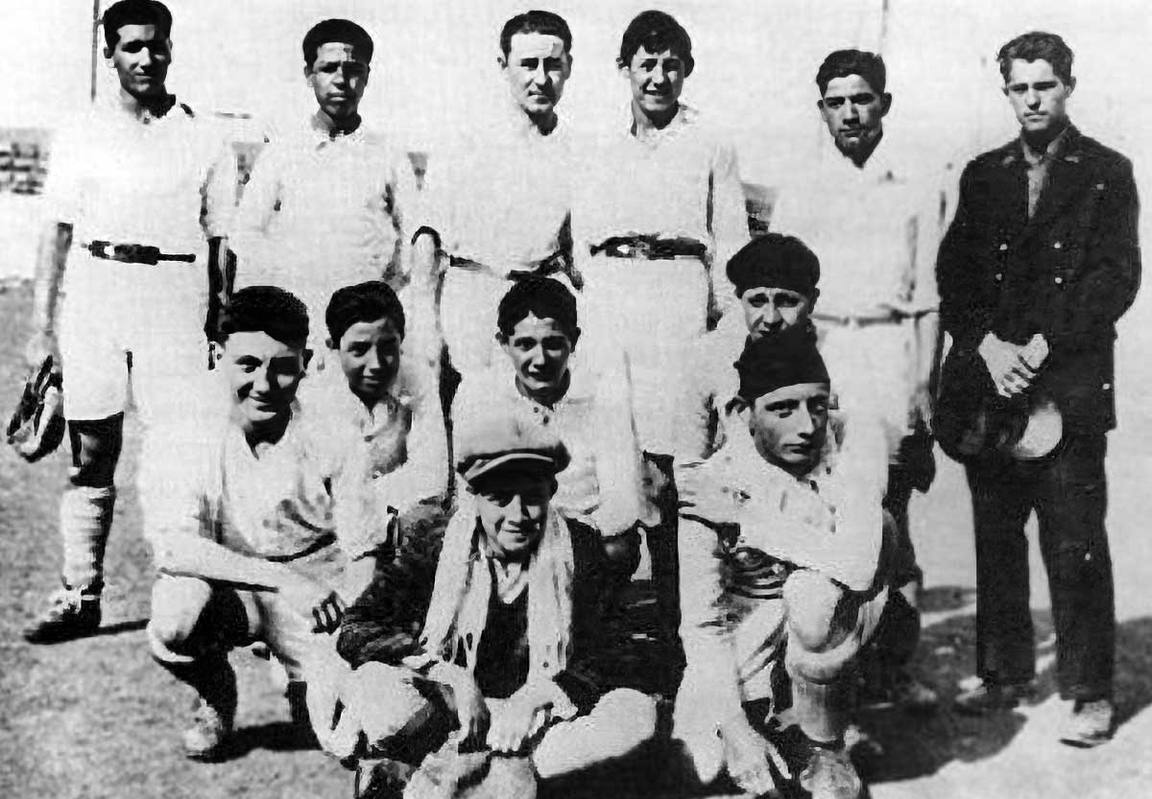
Camus’s intellectual potential flourished in Algiers Lycée, and so did his enthusiasm for sports (soccer and boxing). However, by 1930, he started suffering from severe symptoms of tuberculosis. Due to the contagious nature of the disease, he had to find his own place and support himself. From being a car parts clerk to being an assistant at the Algerian Meteorological Institute, Camus worked a number of odd and unrelated jobs to make a living. Meanwhile, he had enrolled to study philosophy part-time in 1933 at the University of Algiers. There, he met Jean Grenier, a professor who had deeply influenced him.

Grenier encouraged and mentored Camus to develop his philosophical and literary ideas. He guided him through the dense works of ancient Greek philosophers and introduced him to those of Friedrich Nietzsche and Arthur Schopenhauer. Camus graduated in 1936 with a diplôme d’êtudes supérieures for his thesis on the relationship between ancient Greek philosopher Plotinus and Christian thinker St. Augustine. Although he was pursuing the agrégation to qualify himself for a university career, his pursuit was halted by another attack of tuberculosis.
Political Engagement
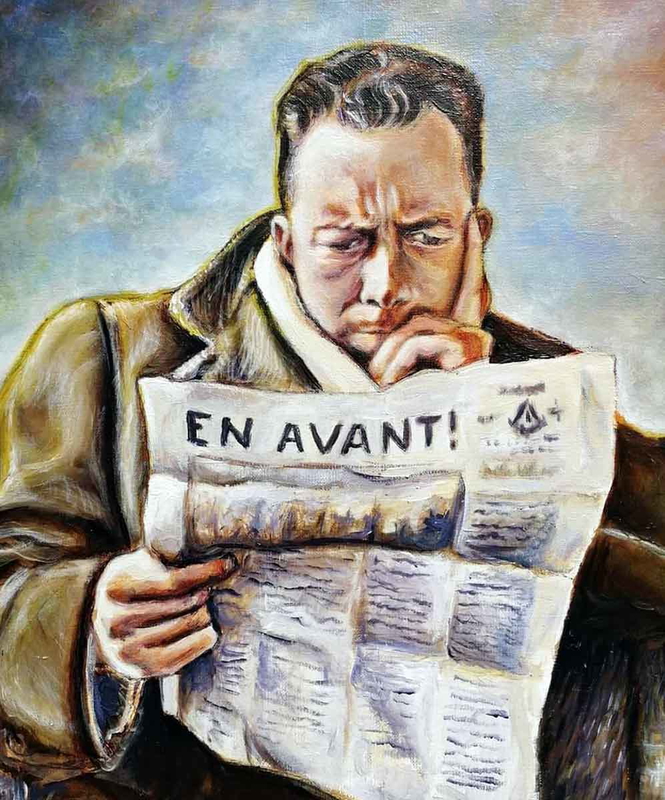
Camus had powerful political inclinations and was a well-known figure in left-wing intellectual circles in Algeria at the time. In 1935, he joined the French Communist Party for a year. In 1935, he joined the Algerian Communist Party, where he was responsible for writing and producing plays for the Workers Theatre, whose target audience was the working class. Although he critiqued Marxism, he found the party instrumental in addressing racial and colonial inequalities between European settlers and native Algerians. Camus publicly objected to the brutal injustices that Algerians faced under French occupation, without, nevertheless, compromising his loyalty to France, which led many critics to question his anti-colonial rhetoric.
After breaking ties with the party, Camus started writing for a leftist newspaper called Alger républicain, where he developed his humanistic and moralist views in light of pieces on anti-colonialism and anti-fascism. In 1940, however, the newspaper was banned and Camus moved to Paris to work as an editor at Paris-Soir. During that period, he started writing what would later become his most famous publications.
Overview of Publications
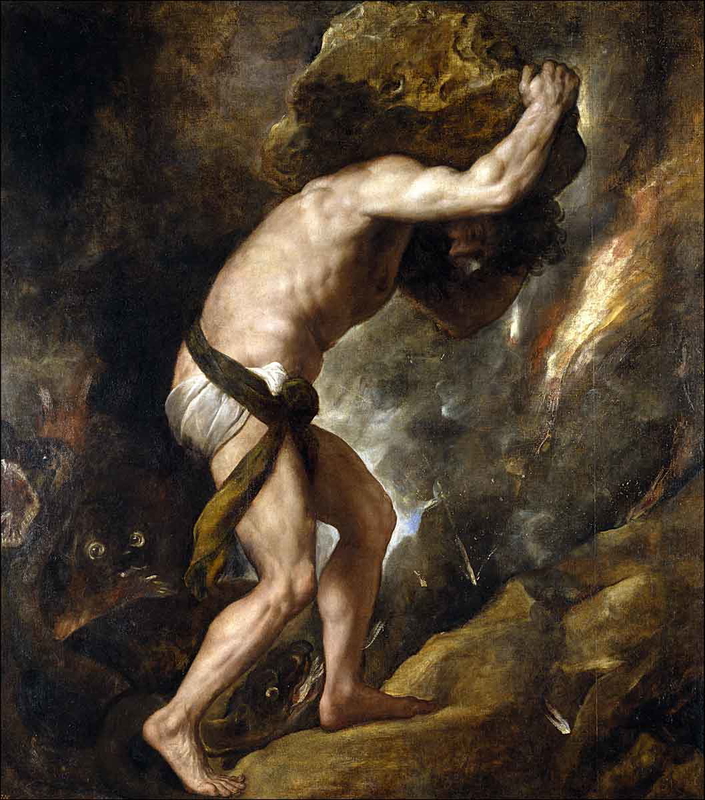
Camus’s works can be divided into three thematic cycles, each consisting of a novel, an essay, and a play. The first cycle developed his philosophy of the absurd, the second concerned revolt, and the third was about love. Camus is most known for the first two cycles of his works.
His first cycle of publications is the most famous among his works, including his canonical novel, L’Étranger (The Stranger) and his essay, The Myth of Sisyphus. L’Étranger, published in 1942, whose protagonist was executed, not for the murder he had committed, but for his commitment to the absurdity of existence and refusal to conform to societal expectations. The Myth of Sisyphus is considered the primary reference to understanding Camus’s philosophy. Published in 1942, the essay starts by addressing the problem of suicide, questioning whether a meaningless life is worth living.
Camus critiqued his existentialist predecessors who resorted to what he perceived as false consolations, betraying their commitment to the absurdity of life. The notion of ‘the absurd man’ is employed to emphasize the necessity of constantly maintaining the awareness of the inherent meaninglessness of our existence. In all his works, Camus’s project is to save ‘the absurd man’ from nihilism and suicide. As he argues at the conclusion of his essay, “One must imagine Sisyphus happy”.
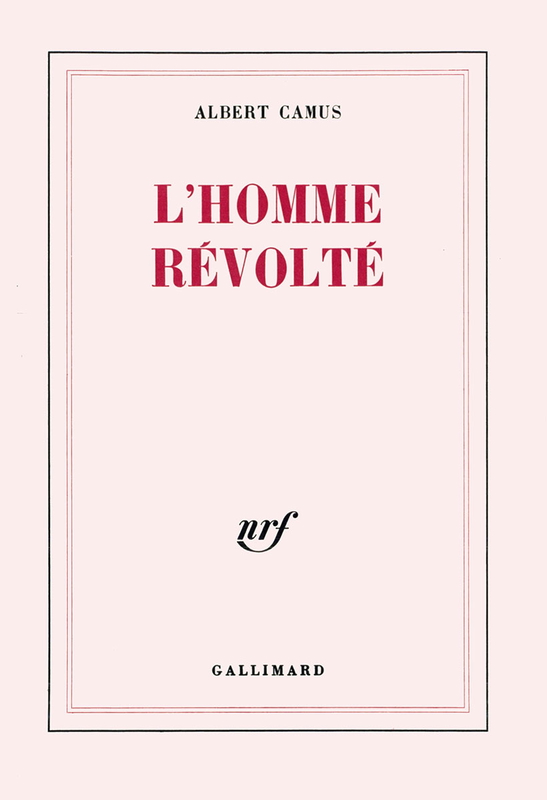
The second cycle of his works was published after he moved to the Alps on medical advice due to his tuberculosis attacks. There, he published his novel The Plague, his essay The Revel, and his play, The Just Assassins. By the second cycle of his publications, Camus had effectively moved from the thematic centrality of absurdity to the metaphysics of rebellion and the question of morality in light of a meaningless world. He distinguishes between historical and metaphysical revolt, the former being an act of social revolution while the latter being an act of existentially revolting against the inherent meaninglessness and indifference of the universe. He famously writes a reformulation of the Cartesian cogito: “I revolt, therefore I exist” (Camus, 1951).
Tragic Death
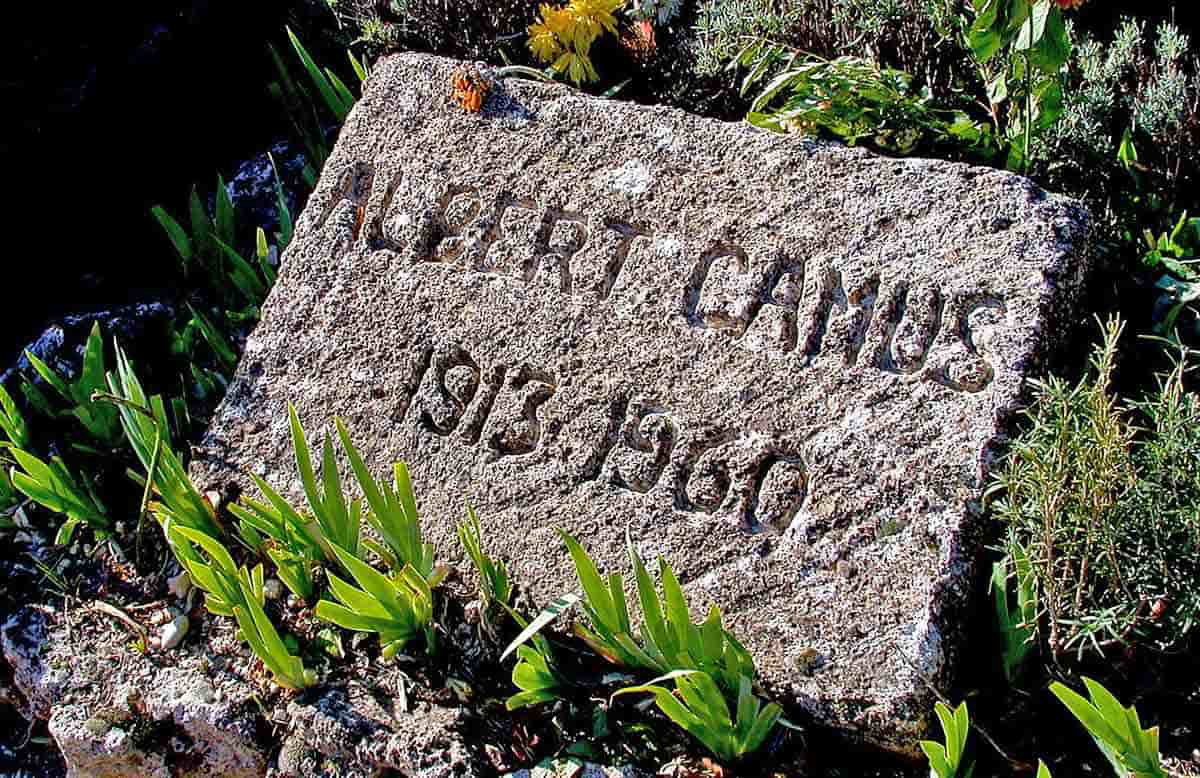
Camus died at the age of 46 on his way back from a vacation. His wife and children had returned to Paris by train a few days earlier, but he decided to voyage by car with his publisher, Michel Gallimard, and his wife and children. In a tragic accident, Gallimard crashed into a plane tree near Sens, and Camus instantly died. In the aftermath of the car crash, an unfinished manuscript was found with the title The First Man. The First Man was Albert Camus’s final novel and is considered his autobiography.
